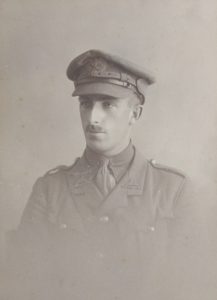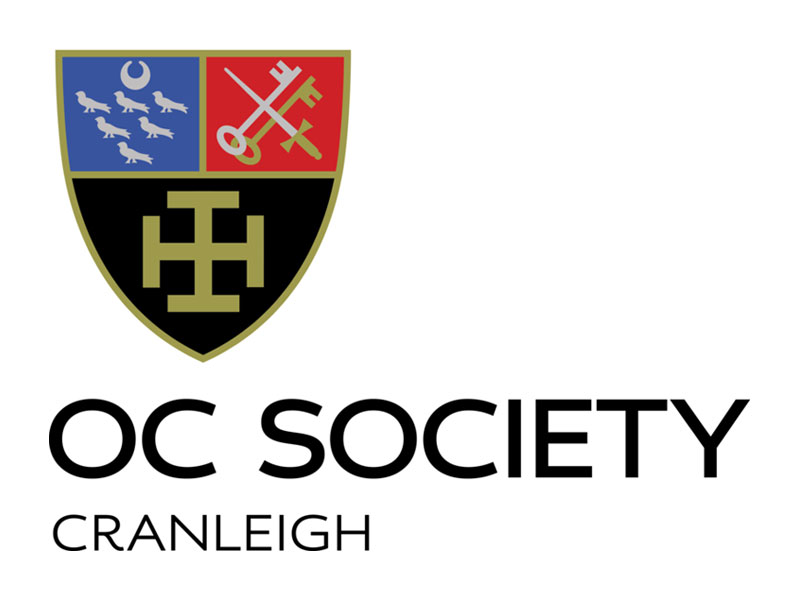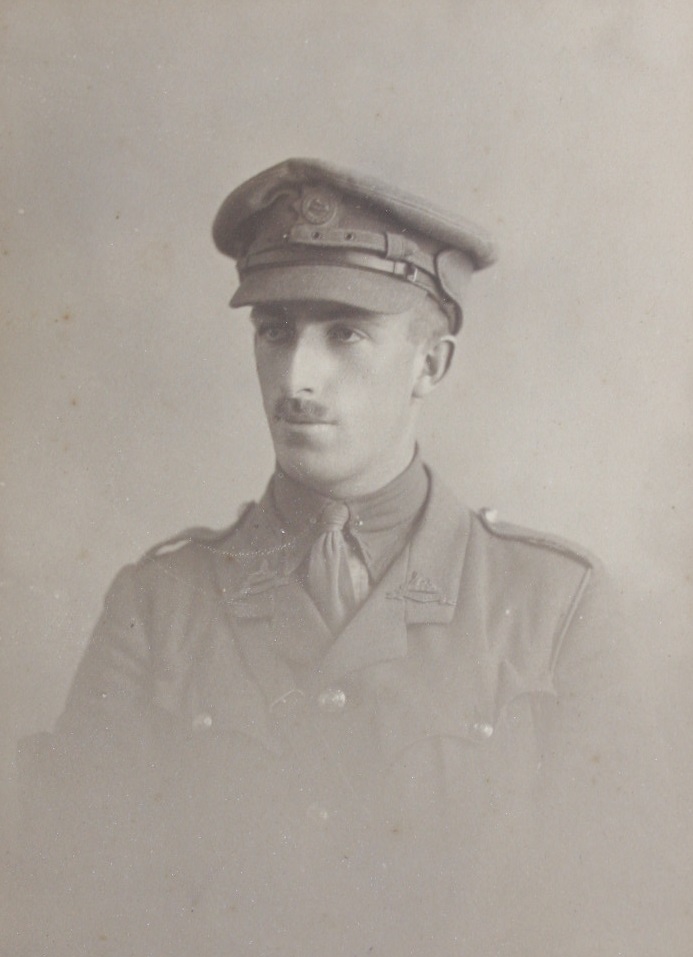
By September 1915 , World War One had been going on for a year and the stalemate which was to be abiding image of the conflict on the Western Front had become established.
Twenty-nine Craneighans had already been killed, mostly in Europe although the disastrous Dardanelles campaign was already taking a toll. At Cranleigh, the boys arrived back from their summer holidays to learn that eight Cranleighans had died during the break. Some would have been known to older pupils, such as 18-year-old John Roberts who left Cranleigh in 1913 and died of wounds in Gallipoli.
In the middle of the month news came which impacted on almost everyone at the School. Second Lieutenant John Brice-Smith (East 1914), who had been the senior prefect in the summer of 1914 as well as captain of both the football and cricket XIs, had been killed in Flanders. He was 20. All but the newest boys had clear memories of him. Others, such as 49-year-old James Usher, was born before the School had opened.
Brice-Smith had gone straight up to St John’s College, Cambridge on leaving Cranleigh but left in November after he received his commission in the 7th Lincolnshire Regiment. He arrived in France on July, 14, 1915 and saw his first action on August 9. He died on September 11 of wounds received during a tour of the front line to the south-west of Ypres the previous day.
Of the 1st XI Brice-Smith captained in 1914, all but one served in the war and three others died – Louis Back (1&4 South 1915) was killed in 1917 aged 19 and Gerald Hodgkinson (West 1914) died later in the same year aged 22 as did John Bull (West 1914) who was 21.
Brice-Smith’s older brother, Harold, who was not at Cranleigh, read medicine at St John’s College, Cambridge, also served in France and was awarded the Military Cross. He survived the war and returned to Cambridge to complete his medical studies.

